The role played by alternative splicing in antigenic variability in
Por um escritor misterioso
Last updated 10 novembro 2024
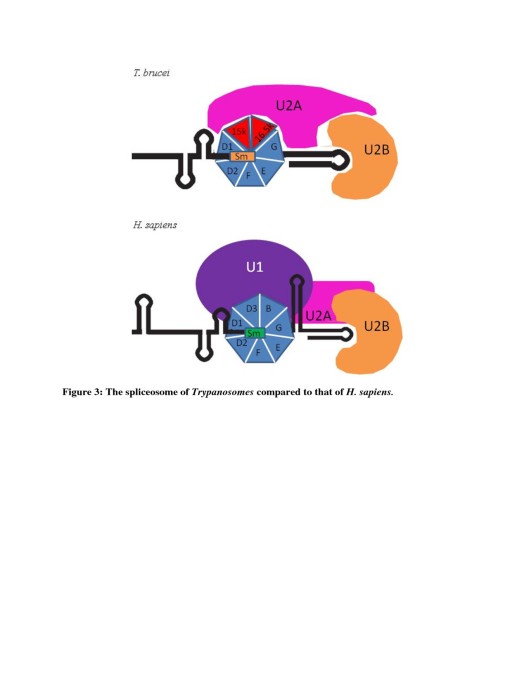
Endo-parasites that affect humans include Plasmodium, the causative agent of malaria, which remains one of the leading causes of death in human beings. Despite decades of research, vaccines to this and other endo-parasites remain elusive. This is in part due to the hyper-variability of the parasites surface proteins. Generally these surface proteins are encoded by a large family of genes, with only one being dominantly expressed at certain life stages. Another layer of complexity can be introduced through the alternative splicing of these surface proteins. The resulting isoforms may differ from each other with regard to cell localisation, substrate affinities and functions. They may even differ in structure to the extent that they are no longer recognised by the host’s immune system. In many cases this leads to changes in the N terminus of these proteins. The geographical localisation of endo-parasitic infections around the tropics and the highest incidences of HIV-1 infection in the same areas, adds a further layer of complexity as parasitic infections affect the host immune system resulting in higher HIV infection rates, faster disease progression, and an increase in the severity of infections and complications in HIV diagnosis. This review discusses some examples of parasite surface proteins that are alternatively spliced in trypanosomes, Plasmodium and the parasitic worm Schistosoma as well as what role alternate splicing may play in the interaction between HIV and these endo-parasites.

The role played by alternative splicing in antigenic variability

DNA Recombination Strategies During Antigenic Variation in the
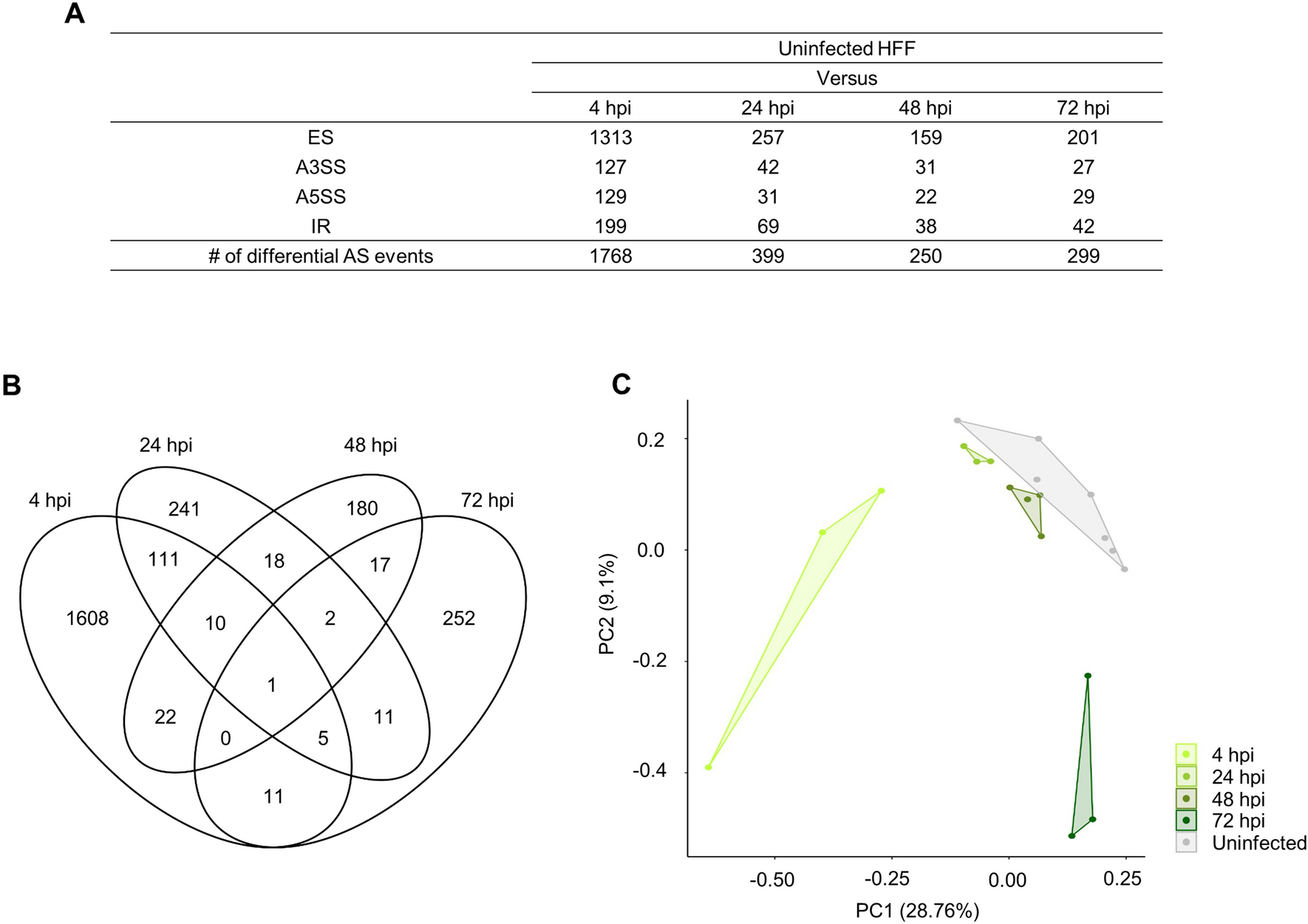
Transcriptome analysis of alternative splicing in the pathogen
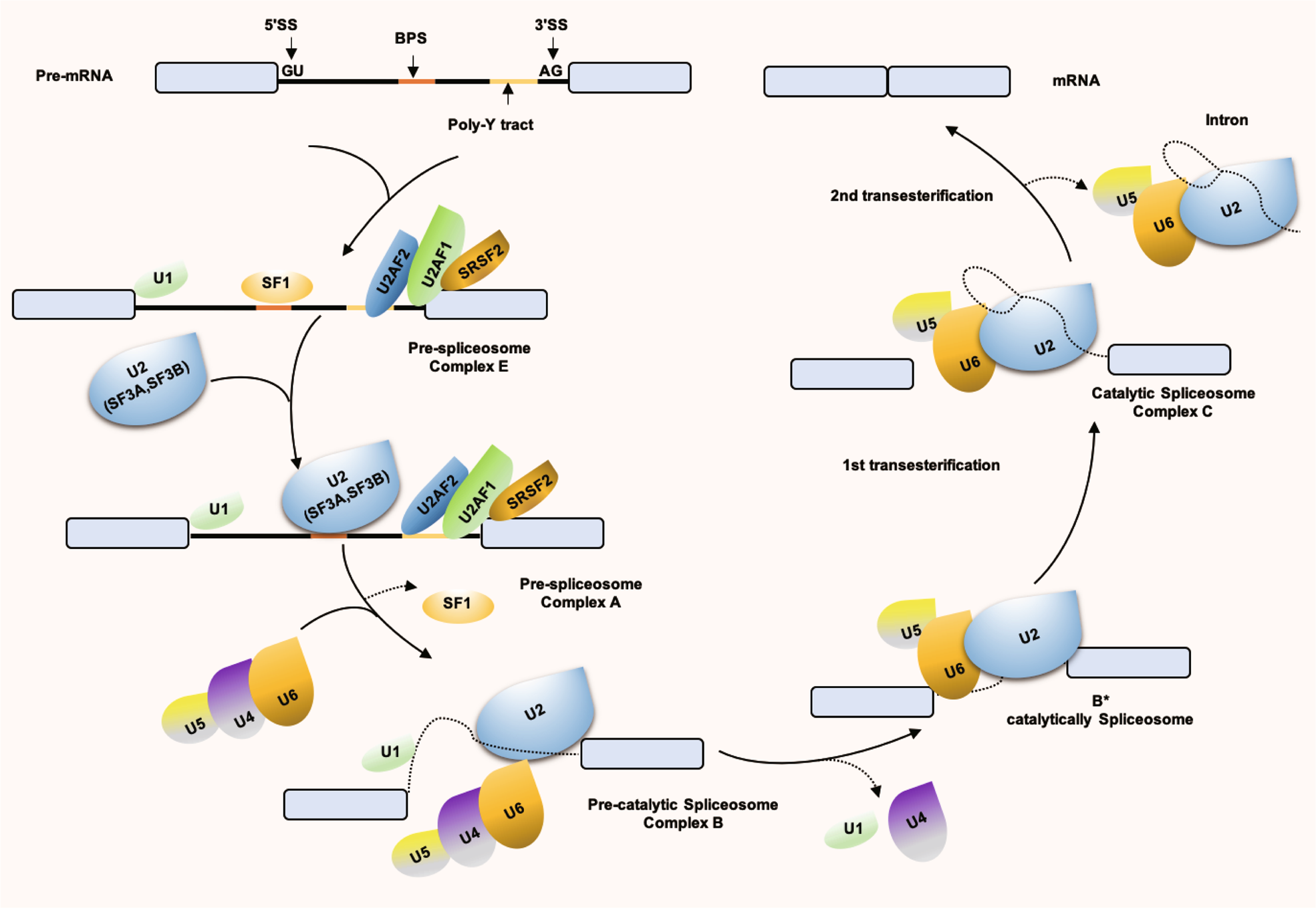
Alternative splicing and cancer: a systematic review
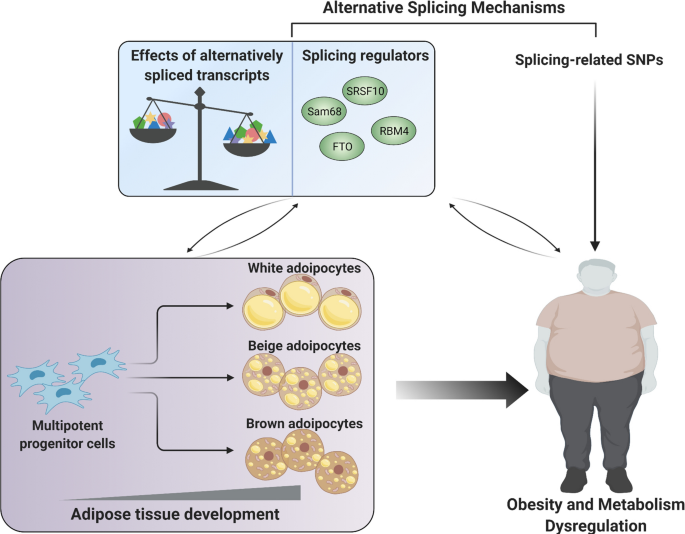
Regulatory roles and mechanisms of alternative RNA splicing in

Immunology Driven by Large-Scale Single-Cell Sequencing: Trends in

An unexplored angle: T cell antigen discoveries reveal a marginal

10/26/17 B-cell diversity [cont.] Flashcards

Overview of LeafCutter a, LeafCutter uses split reads to uncover
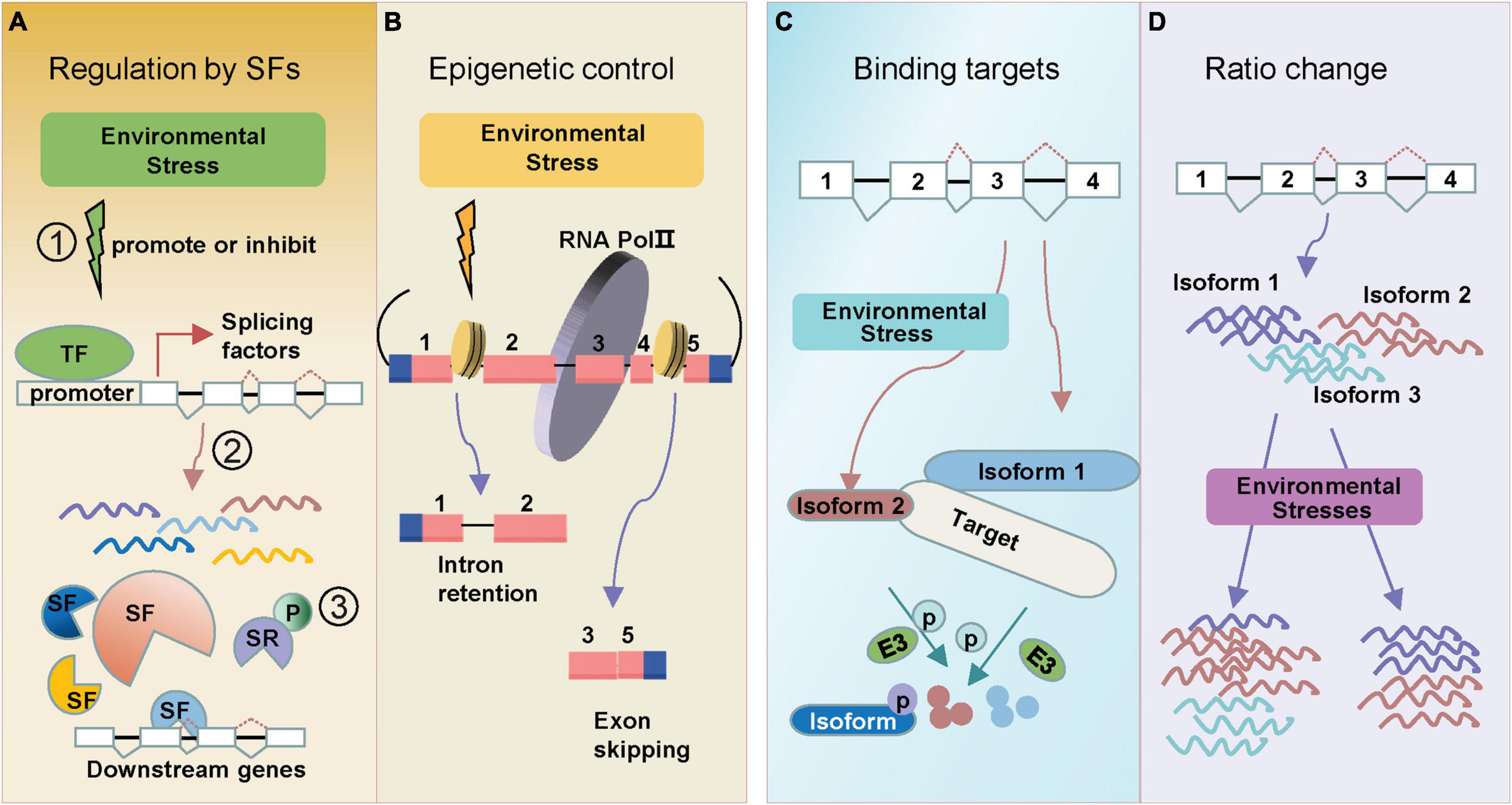
Frontiers Rapid Regulation of Alternative Splicing in Response

Bioconjugation Approaches to Producing Subunit Vaccines Composed

PDF) The role played by alternative splicing in antigenic

Comprehensive Analysis of Alternative Splicing Across Tumors from

The role of alternative splicing in cancer: From oncogenesis to
Recomendado para você
-
 SCP-7149 - SCP Foundation10 novembro 2024
SCP-7149 - SCP Foundation10 novembro 2024 -
 Card Games SCP Foundation Card Paper Blind Box Shelter 049 Monster10 novembro 2024
Card Games SCP Foundation Card Paper Blind Box Shelter 049 Monster10 novembro 2024 -
Scaling SCP-001 Atonement. #fypシ #fyp #viral #scp #scpfoundation10 novembro 2024
-
curl 7.77.0 regression: segfault in Curl_ssl_getsessionid10 novembro 2024
-
 Haunted Mansion Scary Story on the App Store10 novembro 2024
Haunted Mansion Scary Story on the App Store10 novembro 2024 -
 Cobalt-doped hierarchical porous carbon materials with spherical10 novembro 2024
Cobalt-doped hierarchical porous carbon materials with spherical10 novembro 2024 -
 MariborFC10 novembro 2024
MariborFC10 novembro 2024 -
![SCP-1802 Skip Safe [SCP Document Reading]](https://i.ytimg.com/vi/_MrjFAe3aq0/maxresdefault.jpg) SCP-1802 Skip Safe [SCP Document Reading]10 novembro 2024
SCP-1802 Skip Safe [SCP Document Reading]10 novembro 2024 -
 PDF) Biological Characteristics of Verticillium dahliae MAT1-1 and10 novembro 2024
PDF) Biological Characteristics of Verticillium dahliae MAT1-1 and10 novembro 2024 -
 424B410 novembro 2024
424B410 novembro 2024
você pode gostar
-
 Zodiac Signs As Undertale Characters10 novembro 2024
Zodiac Signs As Undertale Characters10 novembro 2024 -
 F1 22 do ELAMIGOS 100% FUNCIONANDO10 novembro 2024
F1 22 do ELAMIGOS 100% FUNCIONANDO10 novembro 2024 -
 Decks Iniciais CHARIZARD e DREDNAW - Voltagem Vívida EE4 - Pokémon TCG10 novembro 2024
Decks Iniciais CHARIZARD e DREDNAW - Voltagem Vívida EE4 - Pokémon TCG10 novembro 2024 -
 Beyblade: G Revolution10 novembro 2024
Beyblade: G Revolution10 novembro 2024 -
The Kill Order (Maze Runner Prequel) (Maze Runner Series #4) by10 novembro 2024
-
 Roll Of Bubble Wrap Stock Photo - Download Image Now - Bubble Wrap, Rolled Up, Cut Out - iStock10 novembro 2024
Roll Of Bubble Wrap Stock Photo - Download Image Now - Bubble Wrap, Rolled Up, Cut Out - iStock10 novembro 2024 -
 Turns out 4Kids, despite absolutely butchering the show, had enough faith in their horrific dub that they gave it its own forum on their website : r/ OnePiece10 novembro 2024
Turns out 4Kids, despite absolutely butchering the show, had enough faith in their horrific dub that they gave it its own forum on their website : r/ OnePiece10 novembro 2024 -
the cuphead show season 4|TikTok Search10 novembro 2024
-
 Aurora x Vasco10 novembro 2024
Aurora x Vasco10 novembro 2024 -
 Roblox Neymar t shirt em 2023 Camisas de times brasileiros, Camisas de times, Roupa do corinthians10 novembro 2024
Roblox Neymar t shirt em 2023 Camisas de times brasileiros, Camisas de times, Roupa do corinthians10 novembro 2024

